As the world strives to move past the devastating impacts of the COVID-19 pandemic, recent developments are sparking renewed concern. The World Health Organization (WHO) has issued warnings about a worrying comeback of COVID-19, as several regions around the globe experience a summertime surge in cases. With the virus evolving and new variants emerging, the resurgence of infections is a stark reminder that the pandemic is far from over, even in countries where normalcy seemed to be returning.
This 800-word description delves into the reasons behind the resurgence, the global implications of the WHO’s warnings, and the steps being taken to curb the spread of COVID-19 as we move forward in 2024.

The Current Surge: What’s Happening?
In mid-2024, after a period of relative stability, COVID-19 cases have started to spike again in several countries, particularly across parts of North America, Europe, and Asia. Despite high levels of vaccination and the availability of treatments, the virus is proving to be resilient. The summertime surge has been particularly pronounced in countries that had previously managed to control the virus to some extent.
Several factors are contributing to this increase in cases:
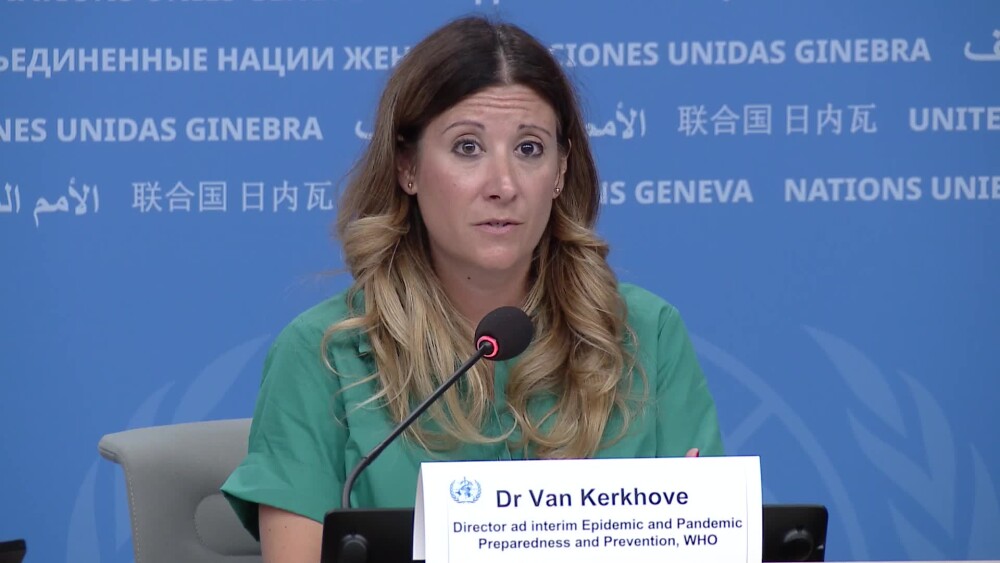
- New Variants: The SARS-CoV-2 virus continues to mutate, and new variants are emerging with increased transmissibility. While existing vaccines have been effective at reducing severe illness and death, newer variants may partially evade immunity, leading to more breakthrough infections.
- Relaxation of Public Health Measures: Many countries have relaxed or completely removed public health measures, such as mask mandates and social distancing rules. The general return to pre-pandemic activities, including large gatherings, travel, and in-person events, has created fertile ground for the virus to spread.

- Vaccine Fatigue and Waning Immunity: Although vaccines remain a key tool in fighting the virus, immunity from both vaccinations and previous infections wanes over time. Booster campaigns have seen declining participation as many people experience “vaccine fatigue” or assume they are no longer at risk, contributing to increased vulnerability.
- Tourism and Travel: The return of international travel has increased the likelihood of the virus spreading across borders, especially during the summer months when tourism peaks. Popular tourist destinations have seen a rise in cases as more people move across regions, often without adhering to protective measures.
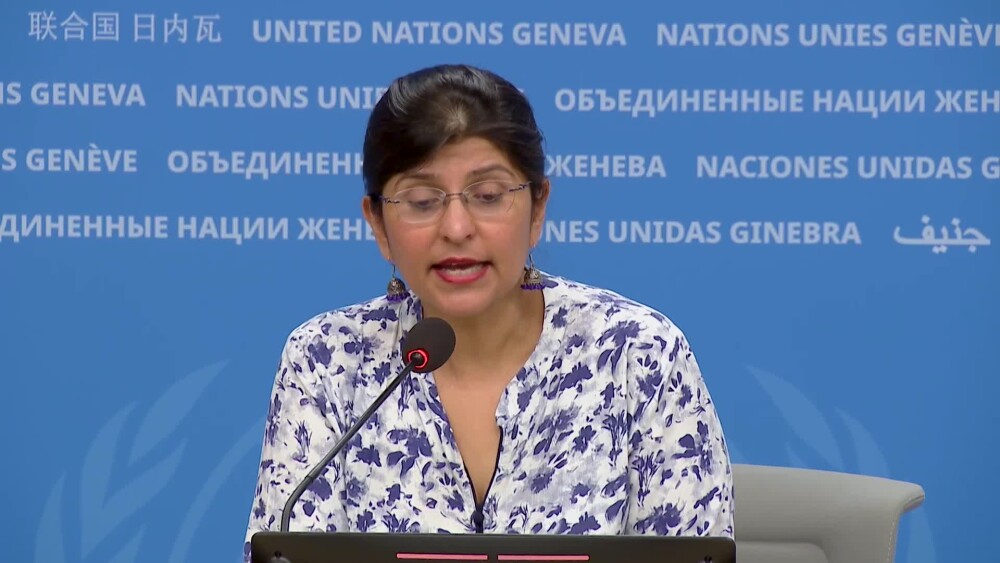
WHO’s Warning: A Global Perspective
In response to this summertime surge, WHO Director-General Dr. Tedros Adhanom Ghebreyesus and other global health leaders have emphasized that COVID-19 remains a global threat. WHO’s warnings are rooted in the observation that the virus continues to spread unpredictably, causing concern about potential spikes in hospitalizations, strain on healthcare systems, and a rise in long COVID cases.
WHO’s warning includes several key points:
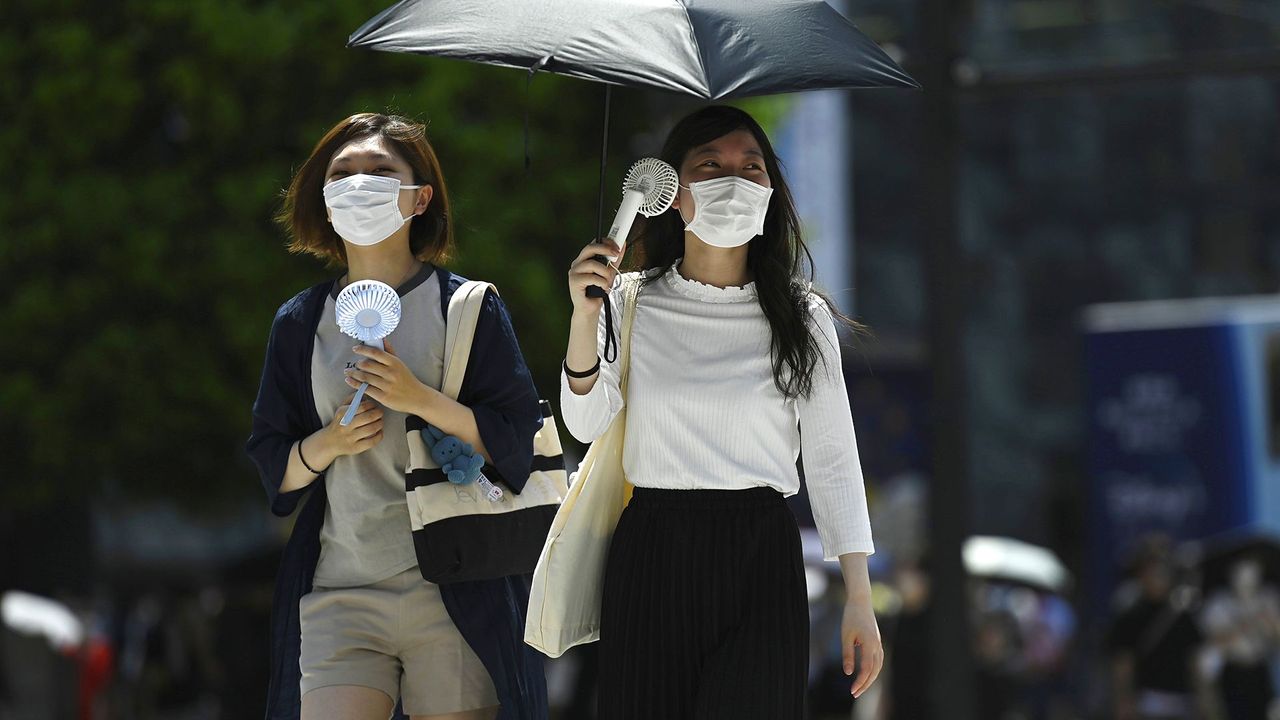
1. Virus Evolution and New Variants
While vaccinations and public health measures have significantly reduced the mortality rate of COVID-19, the virus has proven adept at evolving. New variants, such as the BA.2.86 variant (nicknamed "Pirola") that emerged in 2024, are raising alarms because of their higher mutation rates, which may enable them to evade immunity more easily. Although existing vaccines offer protection against severe illness, new variants could challenge the global efforts to keep the virus under control. WHO has stressed the need for continued genomic surveillance to track and respond to these emerging variants.
2. Waning Immunity and Booster Campaigns
The WHO has pointed out that the effectiveness of vaccines diminishes over time, particularly in individuals who received their last dose more than six months ago. This waning immunity is a major factor behind the surge in cases. The WHO has urged governments to ramp up booster campaigns, especially targeting vulnerable groups like the elderly, immunocompromised individuals, and frontline workers. However, many countries are struggling to encourage the public to get boosters, as a sense of pandemic fatigue has set in.
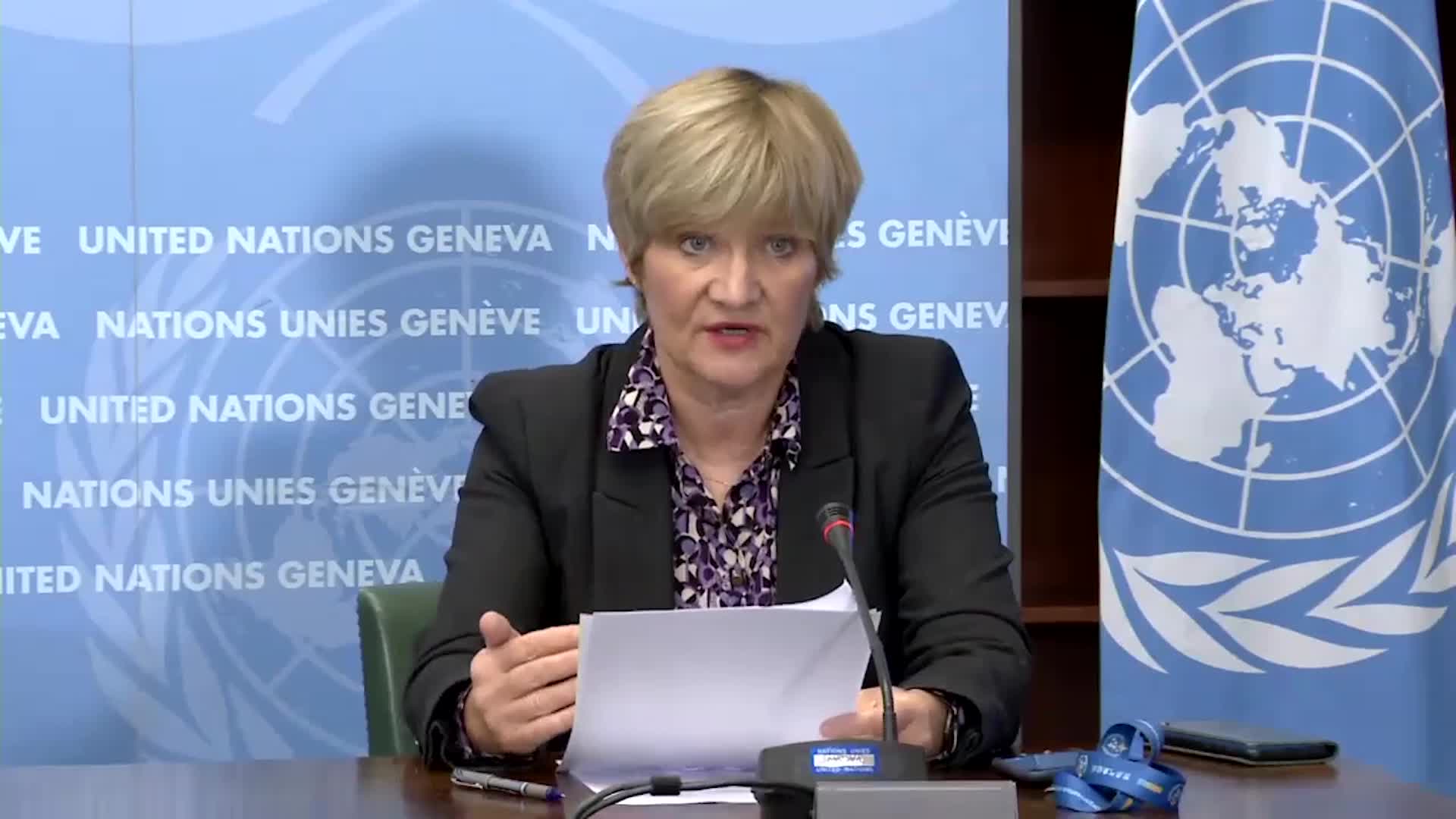
3. Healthcare System Preparedness
The resurgence of COVID-19 cases is putting healthcare systems under renewed pressure, particularly in countries where hospitals are already strained by other seasonal illnesses such as influenza and RSV (Respiratory Syncytial Virus). WHO warns that governments need to remain vigilant and ensure that hospitals are prepared for a potential increase in COVID-19 hospitalizations. Maintaining adequate supplies of treatments, such as antiviral medications, and ensuring healthcare staff are protected and supported will be crucial.
4. The Continuing Threat of Long COVID
A major concern for WHO is the long-term health impacts of COVID-19, commonly referred to as long COVID. Even among individuals with mild or asymptomatic cases, long COVID can lead to persistent health issues such as chronic fatigue, brain fog, respiratory problems, and cardiovascular complications. The rising number of cases increases the risk of long COVID cases, placing further strain on healthcare systems and the economy. WHO has called for more research into the causes and treatments of long COVID, as well as the need for better support systems for those affected.
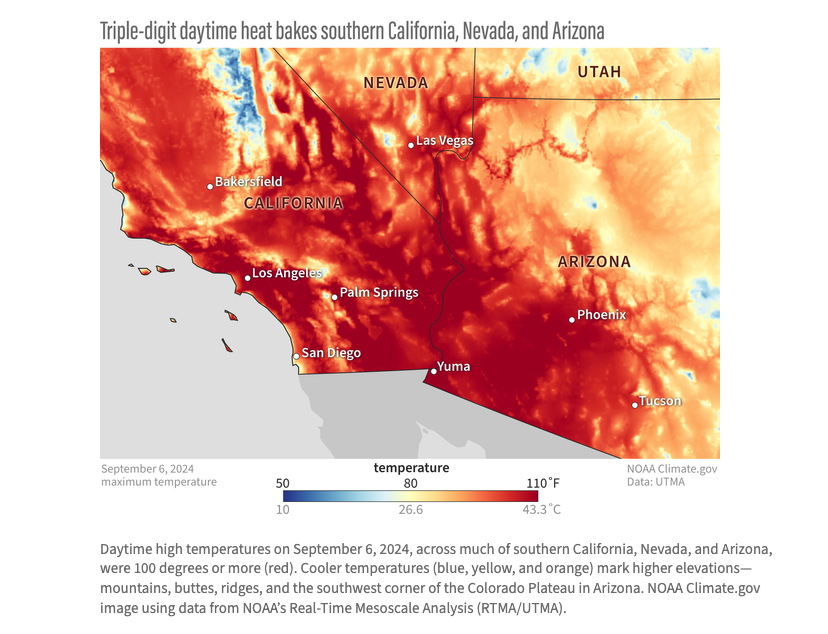
Implications for Public Health
The WHO’s warning about the resurgence of COVID-19 comes with significant implications for global public health:
- Vaccination Strategies: With the emergence of new variants and waning immunity, there is a renewed urgency for countries to update their vaccination strategies. This could include developing vaccines tailored to new variants and launching targeted booster campaigns to protect vulnerable populations.
- Reevaluation of Public Health Policies: Many governments are now facing the dilemma of whether to reintroduce certain public health measures, such as mask mandates or limits on large gatherings, to control the virus. However, balancing public safety with economic recovery and societal fatigue poses a challenge.

- Global Collaboration: The resurgence of COVID-19 highlights the need for ongoing international cooperation. WHO has emphasized the importance of sharing vaccines, treatments, and data across borders to ensure that all countries, particularly low- and middle-income nations, have access to the resources they need to fight the virus.
- Equitable Access to Healthcare: One of the lessons learned from the pandemic is the critical importance of equitable access to healthcare. WHO has urged countries to prioritize healthcare for marginalized and vulnerable populations, who often suffer the most during health crises.

-
What’s Next? Managing the Ongoing Crisis
As COVID-19 cases continue to surge, there are steps individuals, governments, and the global community can take to mitigate the impact of the virus:
- Personal Responsibility: WHO continues to recommend that individuals take personal responsibility for reducing transmission, including wearing masks in crowded spaces, maintaining hand hygiene, and staying home when feeling unwell.
- Continued Surveillance: Ongoing surveillance of COVID-19 cases and variants will be crucial for detecting potential outbreaks early and implementing targeted interventions.
- Strengthening Public Health Infrastructure: Countries must continue to invest in their public health infrastructure to ensure they are prepared for future waves of COVID-19 or other pandemics.







